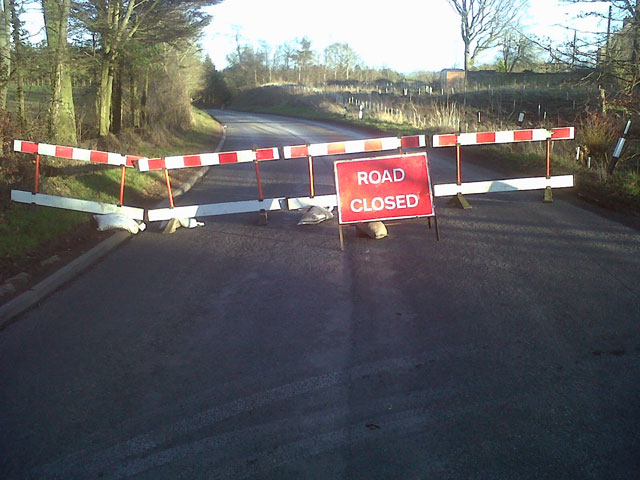A lack of clarity, and questions over funding, regarding the rural generalist training plan is causing unrest in the bush
Senior doctors are urging National Rural Health Commissioner Professor Paul Worley to expedite the release his rural generalist training plan to dispel uncertainty and get down to the tin-tacks of reform.
Professor Worley was appointed to the newly created role a year ago with a mission to map out a national rural generalist training pathway to address the urban-country workforce imbalance and the divide in healthcare access.
In a stirring address to last month’s Rural Medicine Australia conference in Darwin, Professor Worley said the aim was to reinstate and provide health services for Australians who “felt the terror” of inadequate care.
This policy was driven by a social justice imperative and an economic rationale, he said.
“In Australia, inequality of access and inequality in health is just expanding rather than contracting, and we are the place of the fair go,” he said.
“We also know that health services drive economic development, and economic development is one of the key social determinants for health, so we have that virtuous circle.”
However, details of what the generalist training pathway would mean for state jurisdictions, regional training organisations and trainees remained unclear.
Newly appointed ACRRM President Dr Ewen McPhee said Professor Worley had produced a draft program during 12 months of intensive consultation with hundreds of experts and working groups.
“It is a well thought-out, very well described program, with some very key issues around assessment, finance, outcomes,” he said.
“[But] The people who are going to need to implement this (program) need to see that document,” Dr McPhee said.
“You can understand the trepidation that people have about what does it mean for us – particularly the state jurisdictions, who still don’t have real clarity – because obviously this is a national program.
“It needs very clear funding support and bipartisan support to operationalise it. That still is unclear, very unclear.
“You have got to get the document on the ground. That is when the work is going to start.”
Dr McPhee suspected roadblocks were being erected in some jurisdictions by senior specialists and administrators who “for some reason don’t see the value in rural generalism”.
“Whether they feel threatened, whether they fail to appreciate the issues in rural and remote Australia, whether they simply don’t believe it’s necessary that rural people should have the same level of access and equity close to home as in metro areas … who would know?” Dr McPhee said.
“We’ve got to call them on it and we’ve got to push back, because we know generalism is the future. Continued sub-specialisation just increases costs to the health system and doesn’t improve health outcomes.”
A senior RTO executive, who asked not to be identified, said that the lack of clarity was unsettling for trainees.
“What will happen if rural generalist registrars and registrars who just want to be regular rural GPs are placed in the same practice, for example? Will they be treated differently?” the executive asked.
So far, programs for rural generalists training in general practice and additional advanced skills exist only in Queensland – where rural generalism is recognised as a distinct specialty – and NSW, Victoria and Tasmania.
Former ACRRM president Dr Bruce Chater noted there was now bipartisan political backing for the program, but said states might feel confronted by higher pay scales proposed for multi-skilled rural generalists.
They might be reluctant to reach a funding agreement when the commonwealth had not put a offer on the table, and vice-versa, in a “classic COAG stand-off”, he said.
But it was “a bit of a myth” how much extra money would be needed.
Dr Chater said there were rural doctors in NSW and South Australia, depending on what sort of work they were doing, who could be earning up to $200,000 for state-funded hospital work, plus a private-practice component of $100,000. All up, it would be comparable to a Queensland rural generalists’ remuneration.
“Trying to staff the bush with locums is enormously expensive, whereas if they just thought a bit longer term and said we’ll chip in another $50,000 and the Commonwealth can pay the Medicare, we can then have a package of a reasonable amount,” Dr Chater said.
States that had long been ambivalent about supporting rural health services needed to change their mindset, he added.
Dr Adam Coltzau, president of the Rural Doctors Association of Australia, urged GP delegates at the conference to resist moves to shut down rural hospitals and restrict rural generalists’ practice because of procedural quotas.
“We need to push back and own the space of rural medicine,” the southwestern Queensland GP said.


